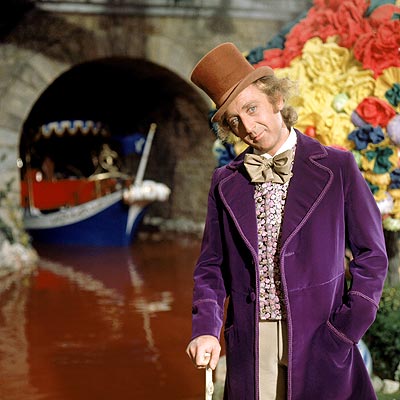Wonderful Deathless Ditties
I knew what I was going to name this post before I wrote it.
That never happens.
Or has never happened, I should say. Up until now.
I once read a book by Mark Haddon called, The Curious Incident of the Dog in the Night-Time. It’s written in the voice of a 15-year-old autistic boy named Christopher who, at one point in the story, expresses his dislike for “proper novels” because they are essentially lies. And the beauty is that his disdain for lies is not a question of morals – he doesn’t care that lies are wrong – what bothers him is the fact that while only one thing really did happen at a particular time and place, “there are an infinite number of things which didn’t happen at that time and that place.” And when he starts thinking of all of those things that could happen in a lie, they keep filling his head until he feels shaky and scared.
There are too many options.

And sometimes, that’s how I feel about writing.
When I try to write fiction – to make up a story – I become lost with possibility. I’m afraid to let a character choose a direction and get too far, only to find out that direction isn’t where I wanted him to travel at all. My head swims with the possibilities and I give up before I even start.
But blogging? This makes more sense. I can pick a topic on which to focus – or not focus, as the case may be – and just have at it until I’ve exhausted the details to my satisfaction. This writing is train-of-thought – typing the words as they run through my mind, with little thought of how they’ll sound or backtracking to make them be… better.
Because it’s something I have yet to accomplish, I admire those who can create a story, beginning to end, complete with developed characters and coherent, conceivable plots and inspire joy or compassion or hatred or grief.
I feel the same way about poets and lyricists – writers who can instill these same emotions or conjure vivid imagery without excess words. I can’t tell you how many times I’ve found immense inspiration from just the right lyrics heard at just the right time. They have the power to find ways into your subconscious like water through cracks in cement and
alter moods,
break hearts,
change minds.
Perhaps no one pays better homage to these artists than Arthur O’Shaughnessy in his poem, Ode. Although you may not know the poem, you’ve likely attributed its opening lines to this guy:

“We are the music-makers,
And we are the dreamers of dreams”
But it was O’Shaughnessy who first said it – who said what the rest of us feel but can’t express about those who create from scratch – novelists, poets, playwrights and musicians – those “wonderful deathless ditties” that leave marks on our souls (*if you don’t like poetry, pretend these are song lyrics):
We are the music-makers,
And we are the dreamers of dreams,
Wandering by lone sea-breakers,
And sitting by desolate streams.
World-losers and world-forsakers,
Upon whom the pale moon gleams;
Yet we are the movers and shakers,
Of the world forever, it seems.
With wonderful deathless ditties
We build up the world’s great cities,
And out of a fabulous story
We fashion an empire’s glory:
One man with a dream, at pleasure,
Shall go forth and conquer a crown;
And three with a new song’s measure
Can trample an empire down.
We, in the ages lying
In the buried past of the earth,
Built Nineveh with our sighing,
And Babel itself with our mirth;
And o’erthrew them with prophesying
To the old of the new world’s worth;
For each age is a dream that is dying,
Or one that is coming to birth.
The poem is actually nine stanzas long, but you get the idea.
Think of some of your favorite song lyrics. How have they changed you? Defined you? Affected your spirit?
Maybe I’m just an idealist, but I think in the end, that this is the status for which all artists strive – perhaps not for the ability to “trample an empire down” with their words, but to make an impact. Inspire change. Become a “mover and shaker” of the mind of at least one person.
That – more than wealth, more than education, more than caste – is power.
